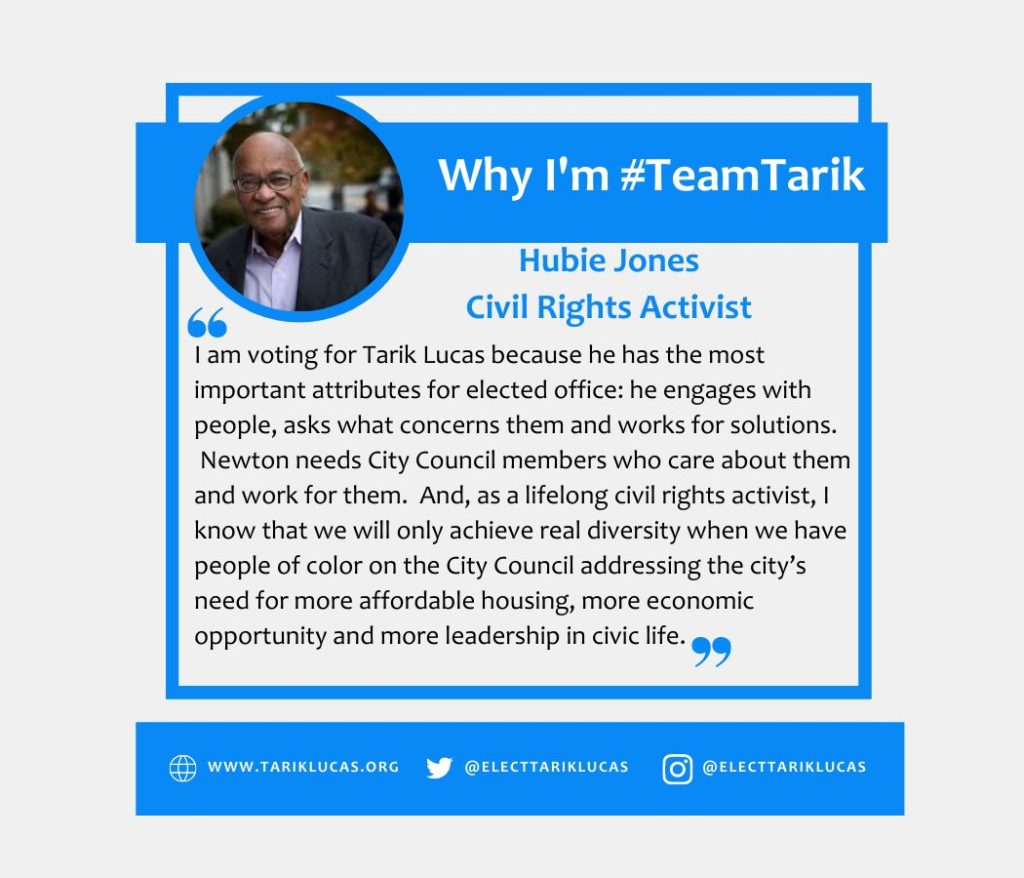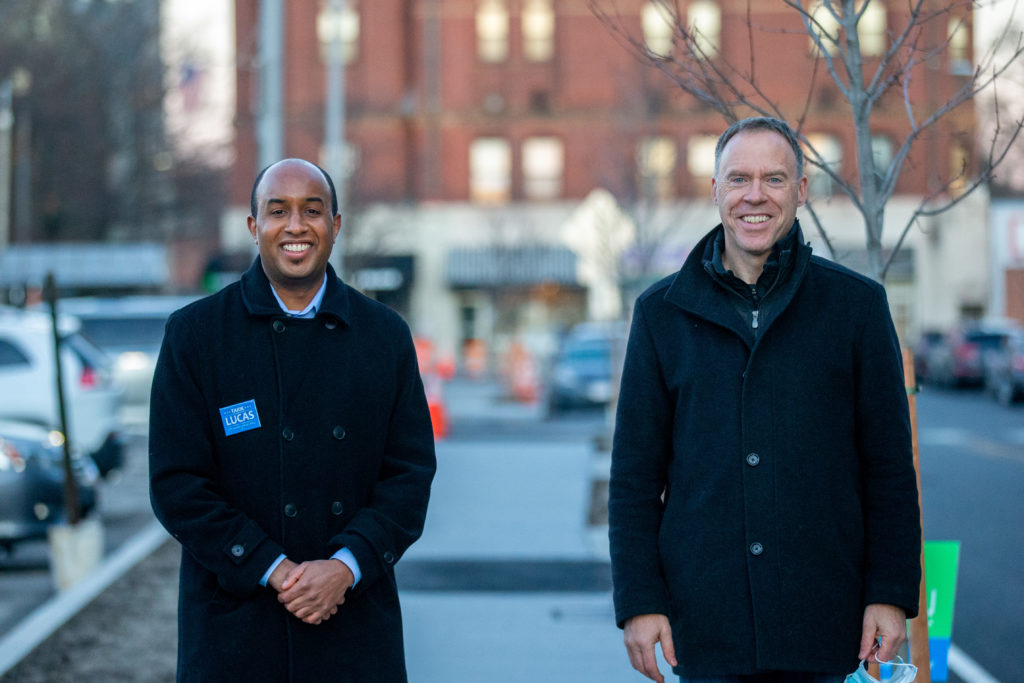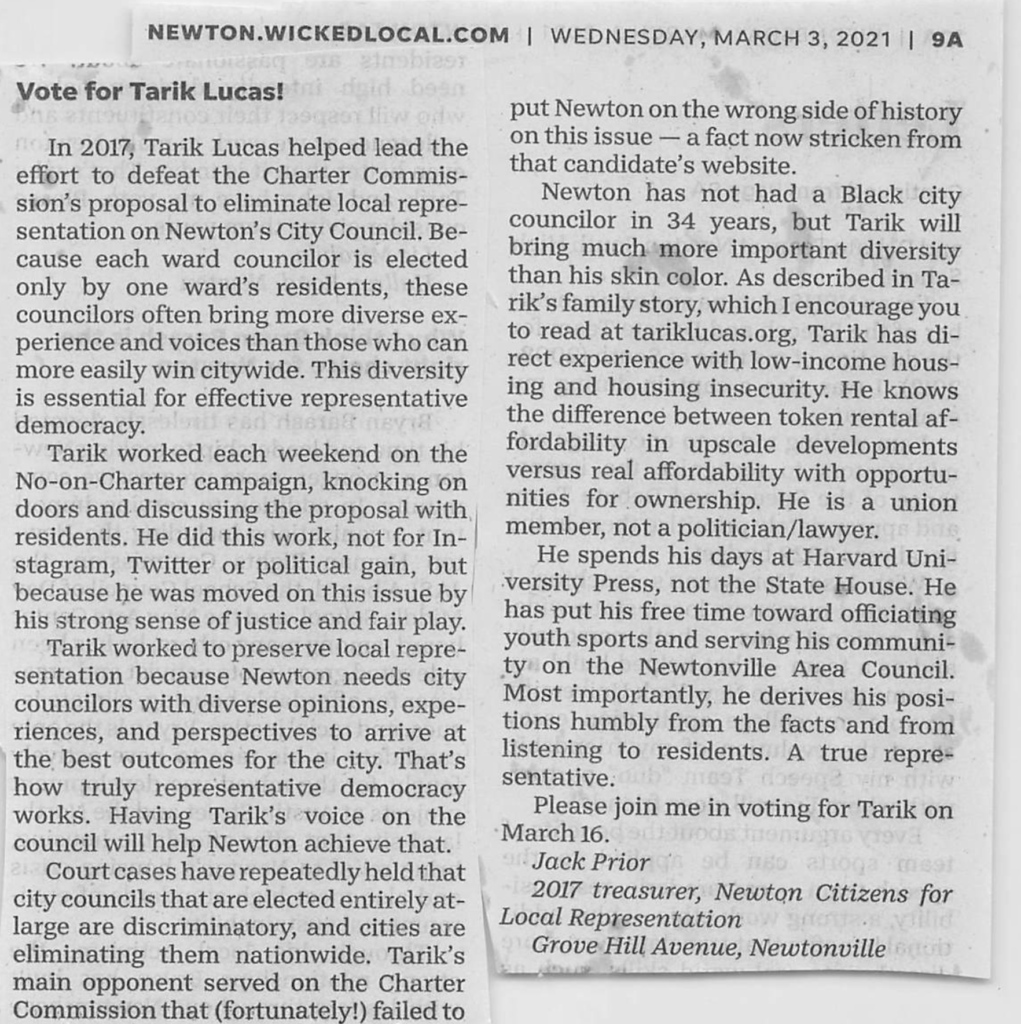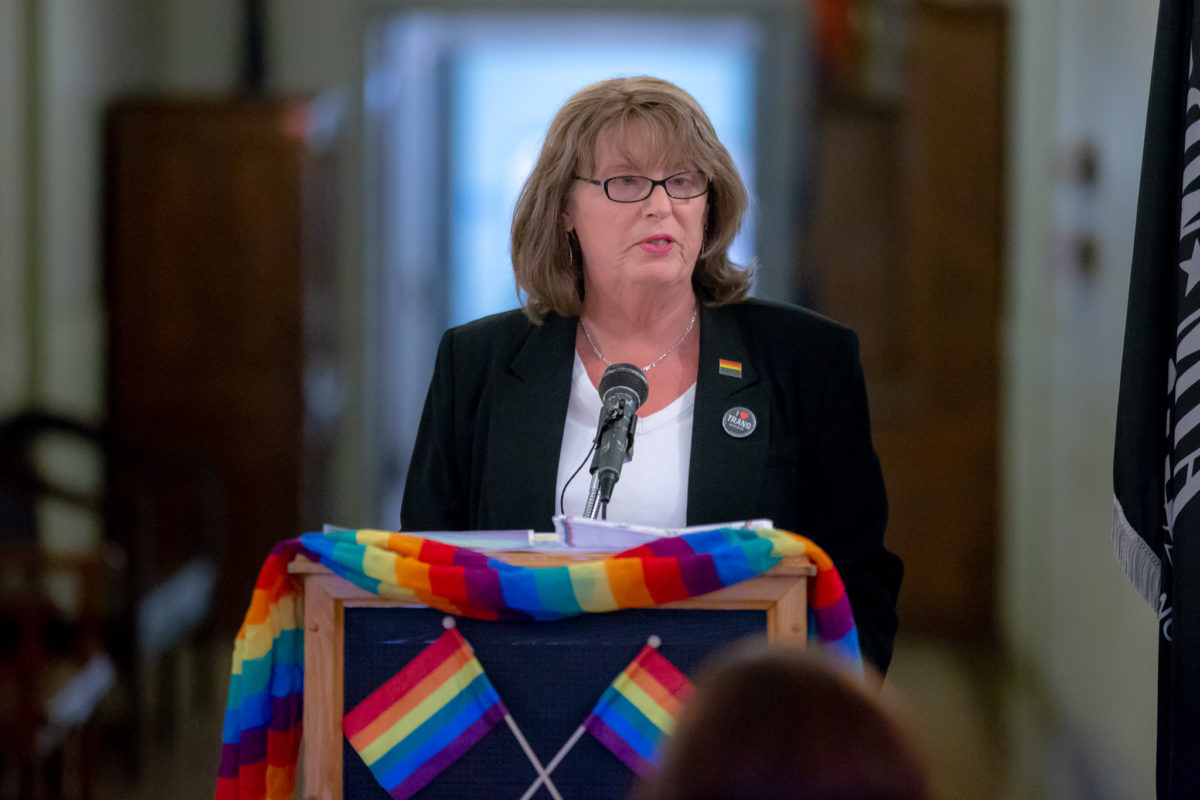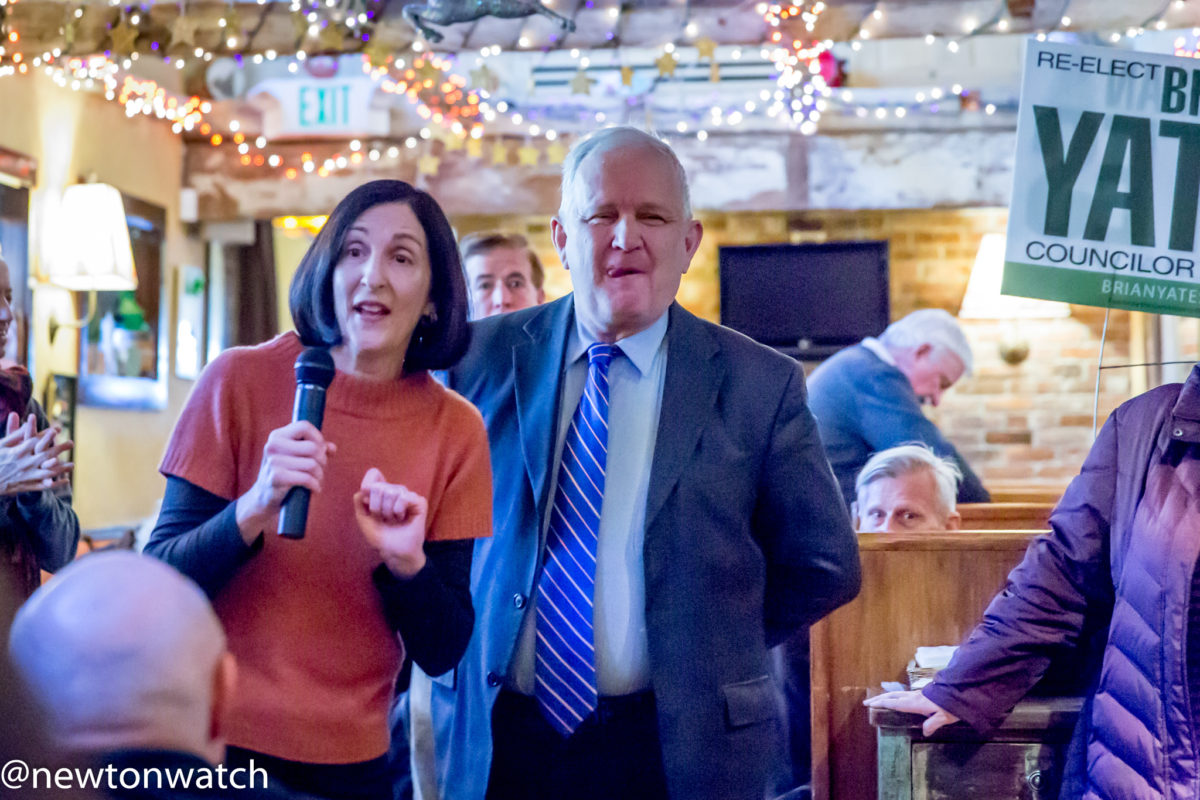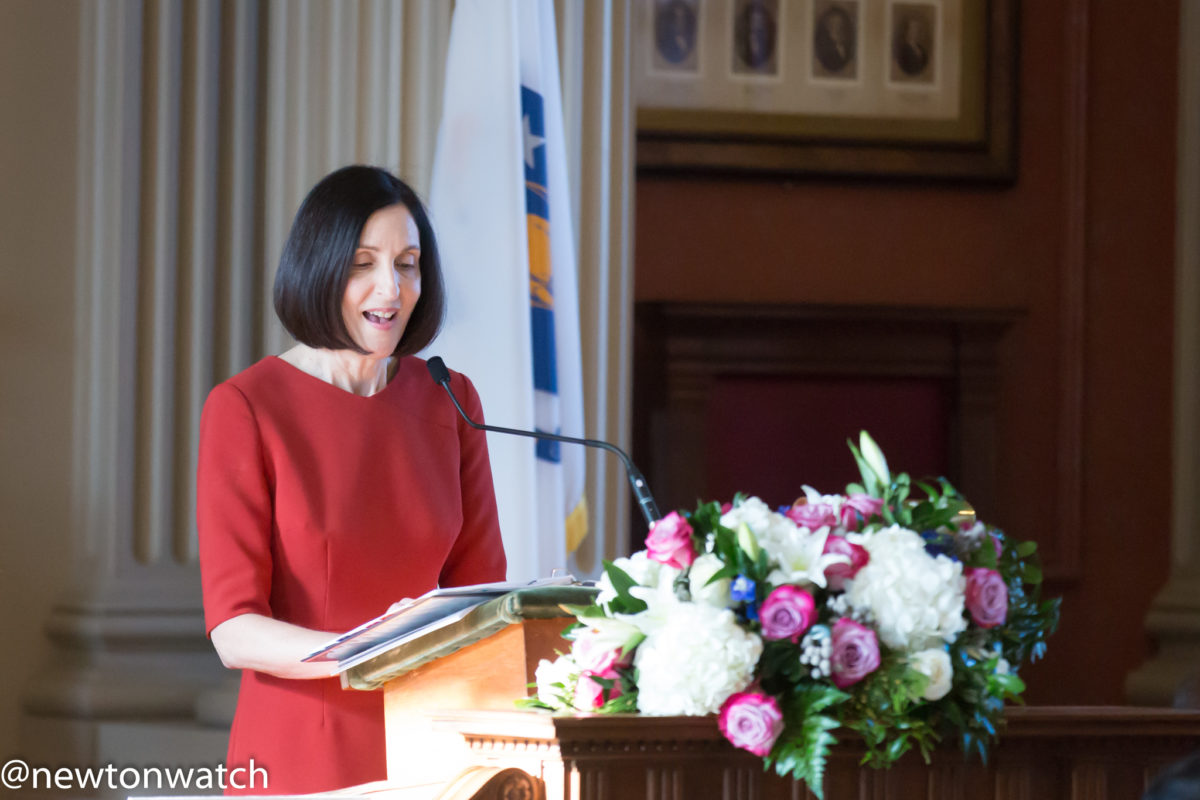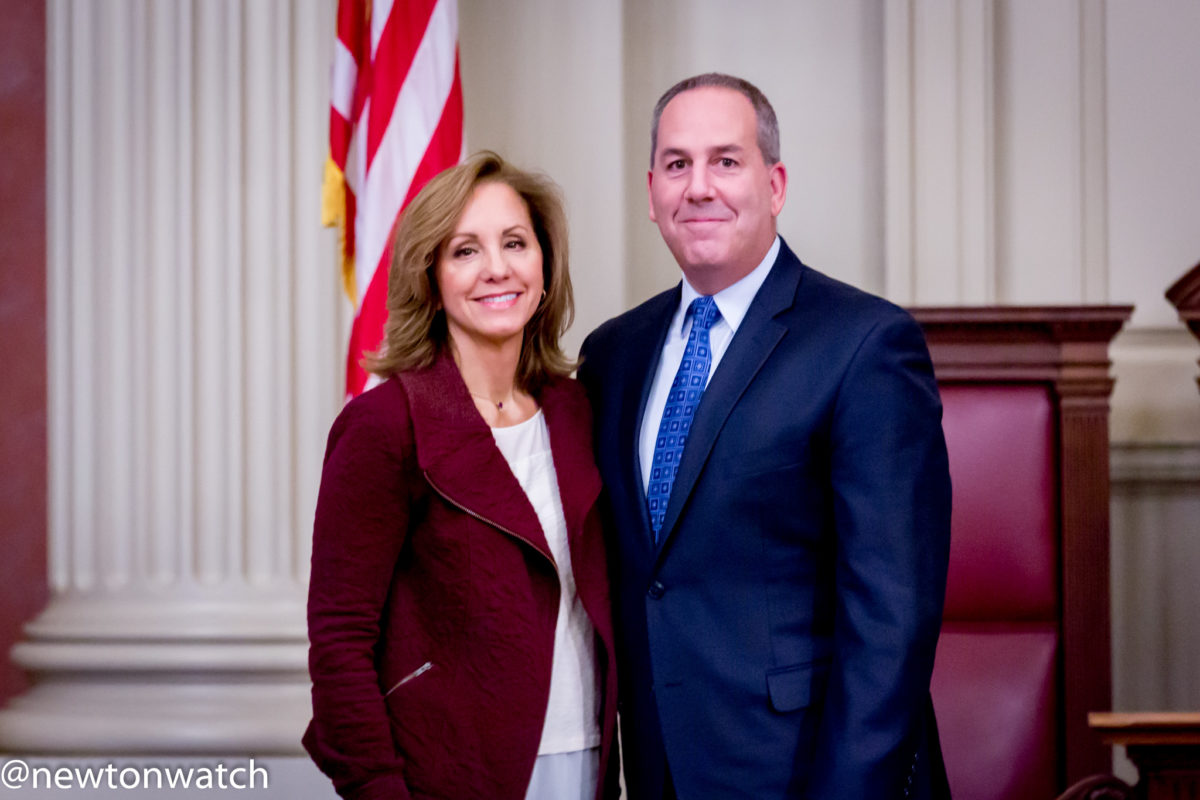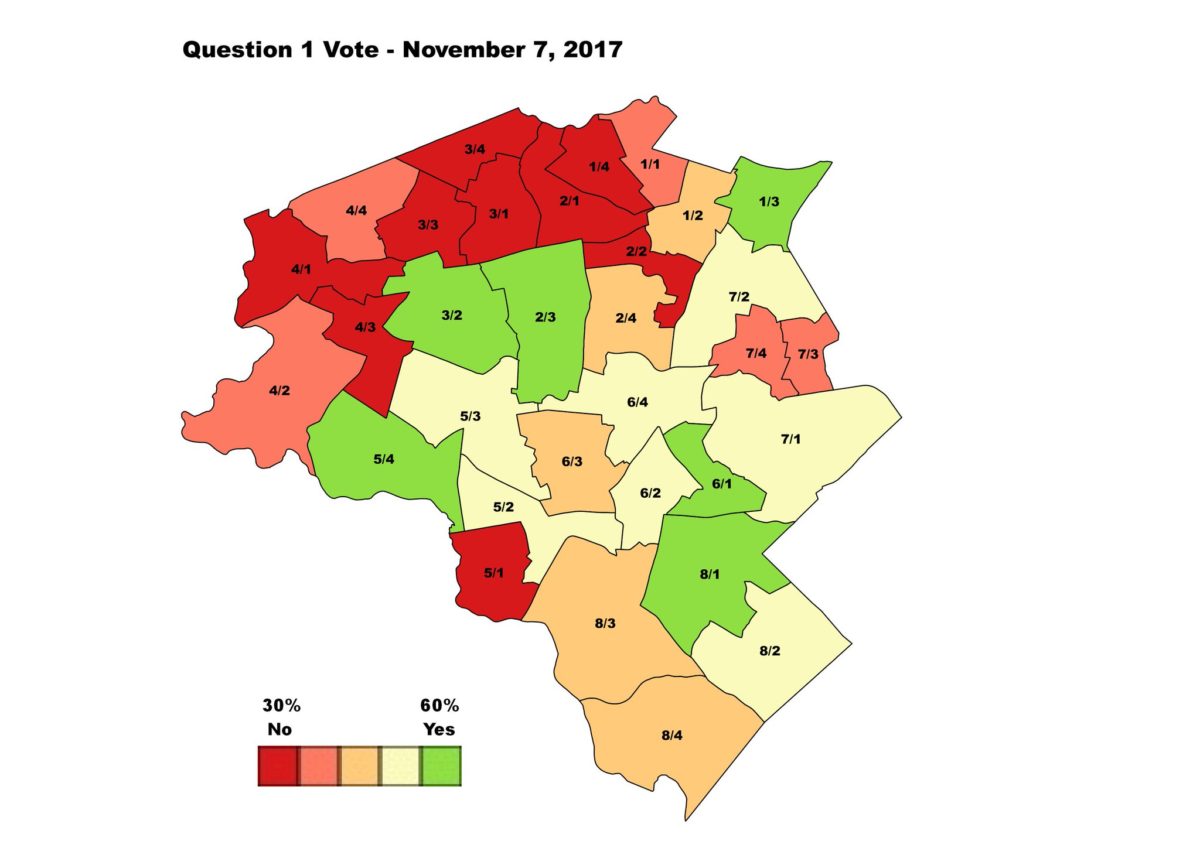The March 16th special election to fill two seats on the City Council echoes the hard-fought 2017 campaigns for and against a proposed Charter for the City of Newton. The forces pushing in 2017 for the new Charter wanted to implement an all-at-large council — a scheme, as described below, in addition to its other flaws, described here by Newton residents, often runs afoul of the Voting Rights Act.
Tarik Lucas, now a candidate for the Ward 2 Seat, was a leader in the defeat of the proposal, while his opponent Bryan Barash campaigned hard to pass it.
What is Section 2 of the Voting Rights Act?
In 2013, the Supreme Court gutted the Voting Rights Act by allowing state legislatures to change laws to make it harder for some to vote. At the time, Chief Justice Roberts stated Section 2 of the Act would police discriminatory voting practices, but as NPR’s Nina Totenberg reports this week, that part of the Act is now in the crosshairs of the increasingly conservative Court. Section 2 prohibits voting practices or procedures that discriminate on the basis of race, color, or membership in certain minority language groups. Most of the cases arising since its enactment involve challenges to at-large election schemes.
The 2017 Charter Fight
The 2017 Charter fight was about one thing — and one thing only — the same flawed all-at-large election scheme that has been so often found to be in violation of the Voting Rights Act. Advocates of the proposed new Charter disagreed with that premise, but time proved them wrong:
- They claimed their proposal was to reduce the size of the City Council, yet after its defeat, they successfully lobbied then-Mayor Setti Warren to veto a follow-up proposal, approved overwhelmingly by the City Council, to shrink the Council by a third.
- They claimed their proposal had other significant improvements, yet after its defeat, the mayor and the law department found none merited implementation.
- They claimed Newton is so homogeneous that it does not need locally elected representation, yet today a part of our city is feeling ignored and that its ethnic heritage is under attack.
- They claimed their proposal was not about making private development easier, yet the developers certainly seemed to think it would do just that.
- They claimed the proposal retained ward representation, yet ward-elected representation was precisely what it removed.
Only eight of 351 councils in Massachusetts remain all-at-large, and their number is dwindling. Lowell moved to a district model after being challenged by litigation and Everett’s all-at-large council has been notified it is vulnerable to a court challenge. Worcester is being sued for its all-at-large School Committee.
As the Boston Globe reported in January, “Underrepresented Candidates in Mass. Communities Can be Squelched by Electoral Systems.” While the charter commission clearly did not have a racist agenda, and Newton’s demographics would likely not make it vulnerable to a formal all-at-large court challenge, moving the city in that direction was the absolute wrong thing to do.
Newton needs to lead on issues of voting rights and set an example, not role model systems often found discriminatory. With the defeat of the charter, we avoided taking a step in that direction.
Why Revisit This Now?
Two of the candidates in the upcoming March 16th City Council election played major roles in the 2017 Charter fight. Tarik Lucas spent 2017 helping to lead the successful effort to defeat the proposed Charter while Barash was elected to the Charter Commission and spent 2016 and 2017 trying to get it passed (a fact present in his 2019 race bio (archive.org) but now deleted – transparent?).

OCPF and Yes for Charter campaign donation records indicate the same financial backers that tried to eliminate ward representation via the Charter proposal now seek to put Barash on the Council.
The Choice is Clear
The choice between Tarik Lucas and Bryan Barash is clear. Bryan, in his one elected political office, sought to change Newton’s city government to weaken its democracy. Tarik fought to preserve it.
The goal of the Voting Rights Act has been to ensure the representation of racial minorities. Newton’s City Council has not had a Black City Councilor or Alderman in 34 years. Electing Tarik Lucas, who recently received the endorsement of acclaimed civil rights leader Hubie Jones, will help address that problem.
